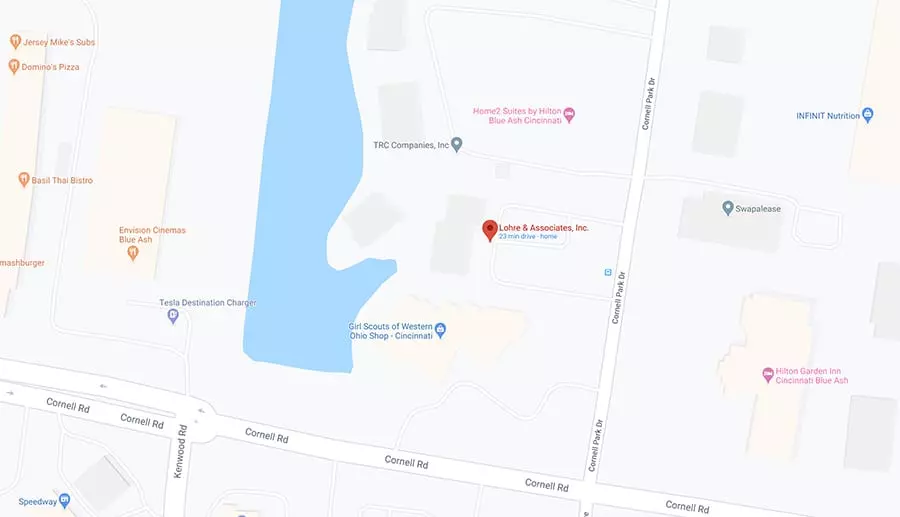Fall is a Good Time for 2026 Planning Is it time to build your next…

Google Announces Changes for Cookies Used for Advertising
As you may or may not be aware, Google made an announcement Wednesday about ending the use of email-address-based systems as identifiers on their properties. We have been closely watching the discussion on Google’s announcement.
What does this mean for my paid search advertising with Google Ads?
 1. Google will stop using IDs of logged-in users to serve ads
1. Google will stop using IDs of logged-in users to serve ads
2. Google Ads will not stop delivering ads to interested parties searching for your products
3. They indicated full support of publisher-controlled first-party solutions.
This may shift how Google Ads are served to users via their ads platform but it should not impact your ability to advertise with Google Paid Search advertising.
The following link to an AdExchanger article explains in more depth the full impact of Google’s decision:
https://www.adexchanger.com/the-sell-sider/googles-non-announcement-shocks-the-ad-industry-again/#more-154472
The final paragraph explains the situation best:
To be clear, the announcement will not impact the efficacy of log-in solutions. UID 2.0 and ATS will continue without Google’s support, as they have from the beginning. Open source, transparent solutions that give consumers choice will always win. The combination of user logins, publisher first-party segments, and the Chrome-controlled solution, will all coexist to create the foundations of a new, better Internet.
This may shift how Google Ads are served to users via their ads platform but it should not impact your ability to advertise with Google Paid Search advertising.
The following link to an AdExchanger article explains in more depth the full impact of Google’s decision:
https://www.adexchanger.com/the-sell-sider/googles-non-announcement-shocks-the-ad-industry-again/#more-154472
The final paragraph explains the situation best:
To be clear, the announcement will not impact the efficacy of log-in solutions. UID 2.0 and ATS will continue without Google’s support, as they have from the beginning. Open source, transparent solutions that give consumers choice will always win. The combination of user logins, publisher first-party segments, and the Chrome-controlled solution, will all coexist to create the foundations of a new, better Internet.



